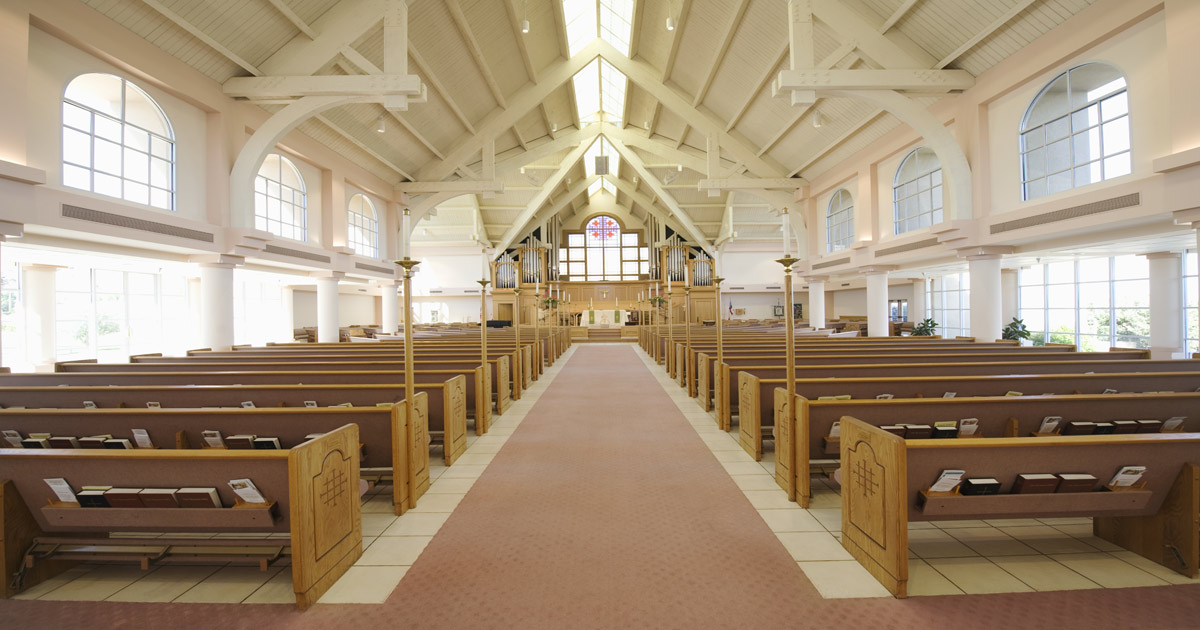Oversight is critical for any nonprofit organization, and churches are no different. While church employees carry out their responsibilities and provide spiritual guidance for the congregants, each church needs a qualified board to set the direction and make significant decisions. Selecting people for the board and outlining their responsibilities requires great foresight. A strong, pragmatic, and supportive board is a must to help your church function to its fullest.
Being a member of a church board is vital stewardship. Each church needs talented and dedicated people to serve in this capacity to succeed. Although it is not necessarily easy work, and church board members could be called upon to make difficult decisions, being a board member could also be a rewarding experience.
Each Applicant Must Be Carefully Vetted
To build the best possible church board, the leadership must closely scrutinize potential applicants seeking to fill the positions. They may consider the following questions:
- What is the potential board member’s motivation for wanting to be on the board?
- What role has the applicant played in the church’s discourse during their membership?
- What are the prospective board member’s professional qualifications?
Board members should also be carefully selected. Selection criteria should be a mix of personal qualities and professional abilities. Board members should exemplify their faith daily while possessing sound business judgment and strong qualifications. Those selected as board members should be able to competently perform their duties while remaining true to the church’s mission. While it is not necessarily a prerequisite to selection, the individual seeking to be on the board should be in it for the right reasons.
The Board’s Mission Should Be Clear
The key function of the board is to facilitate stewardship of the church’s resources and its mission. To faithfully perform its roles, the board needs the proper structure. Everything begins with the written bylaws and the procedures for the board. Specifically, the following must be in place:
- Clear definitions of the roles and responsibilities of the board overall.
- Each board position or committee must also have a well-defined role.
- The board’s mission must be clearly stated and understood by all involved.
Church boards must strike a balance between oversight and giving the clergy and staff the resources and support to do their jobs. Ideally, the church board views its role as acting in partnership with the pastor and staff. At the same time, the board potentially needs to hold the staff accountable for executing the church’s mission.
Church Boards Should Balance Support With Oversight
In general, a church board must support the pastor in most cases. Sometimes, the board may need to put the church’s mission first, but they should not take that responsibility lightly. A heart for service and fidelity to the church’s principles should guide board members.
Over time, the church’s board would establish its culture and ways of doing things. Once they take hold, future board members will have an example to follow. When the church board functions as it should and helps build and sustain the church, service will become attractive to future board members.
You Can Rely on Our Virginia Beach Church Lawyers at Anchor Legal Group, PLLC
Church board directors can trust our Virginia Beach church lawyers at Anchor Legal Group, PLLC. We work with churches in the areas of governance and corporate matters. Call us at 757-LAW-0000 or contact us online to schedule a consultation. Located in Virginia Beach, we serve clients in Chesapeake, Norfolk, Suffolk, Portsmouth, Newport News, Hampton, and Eastern Shore.


